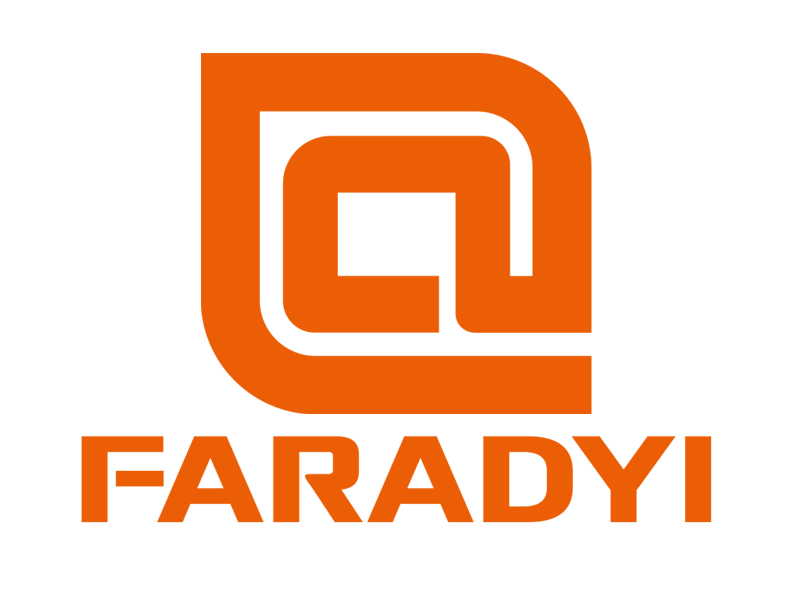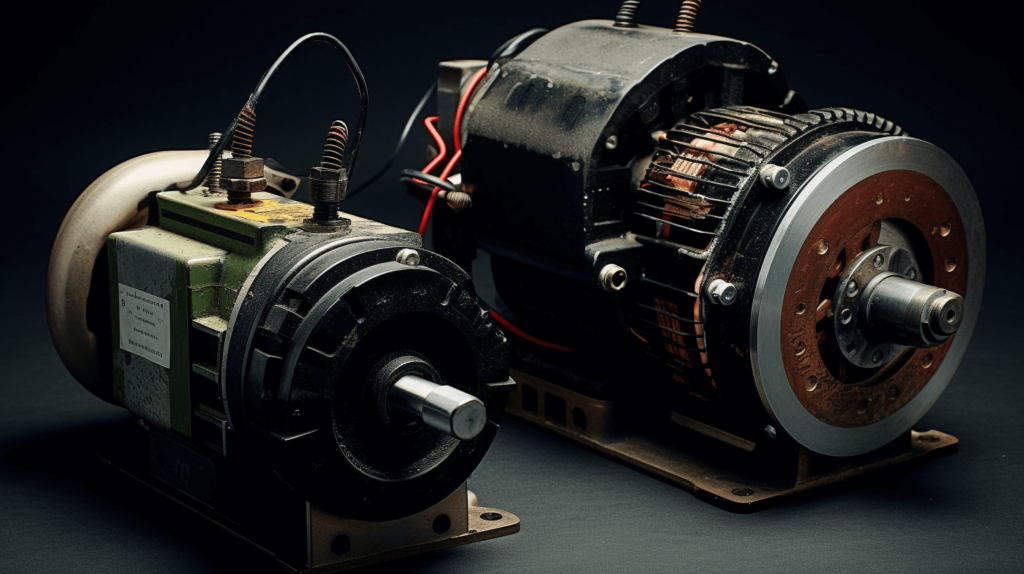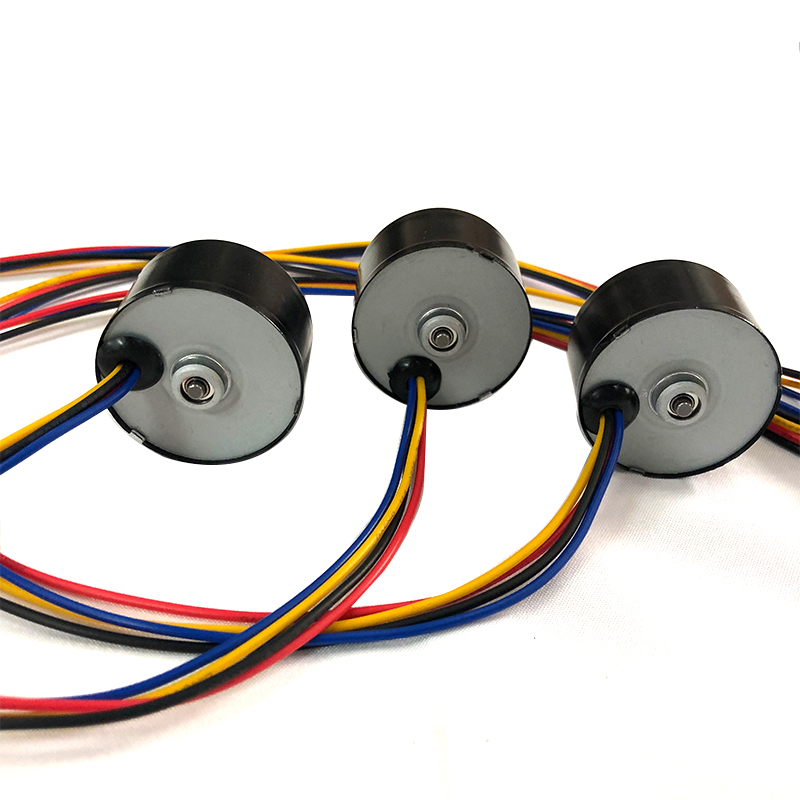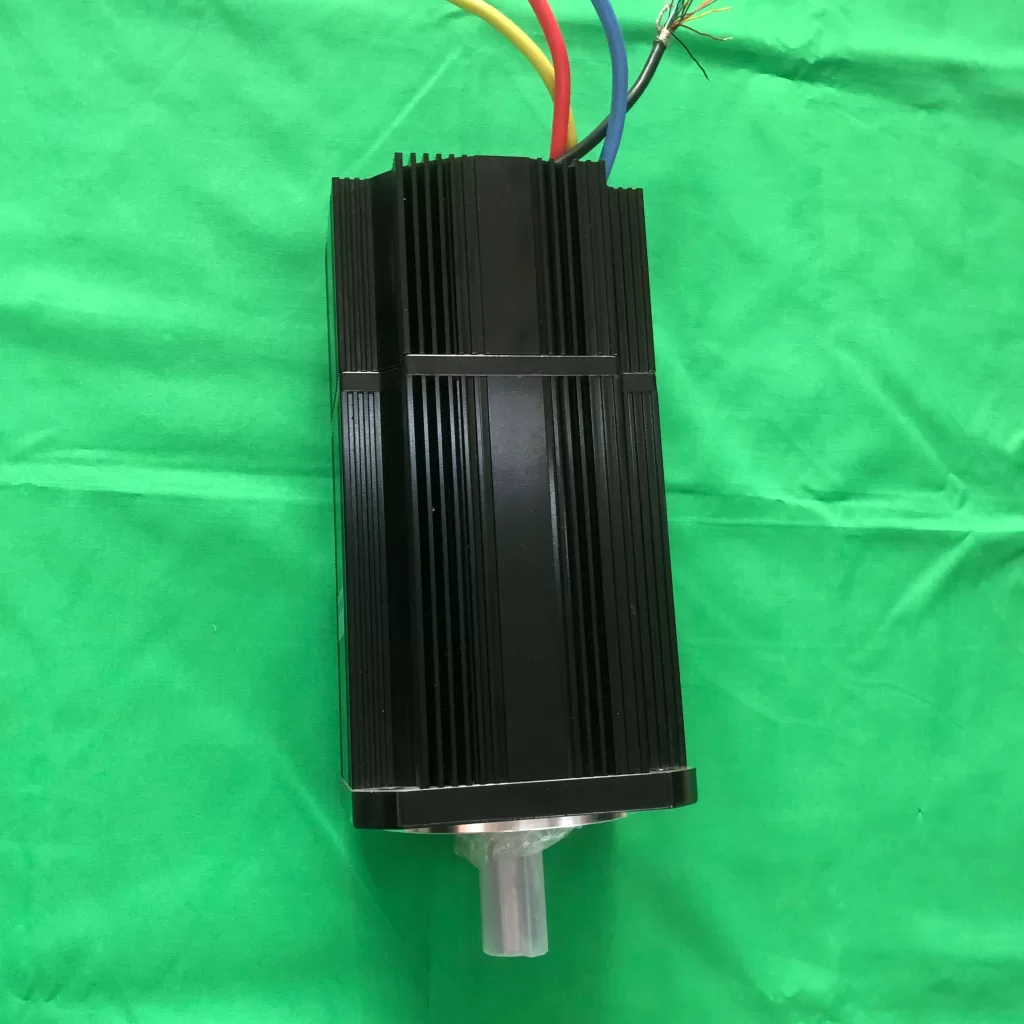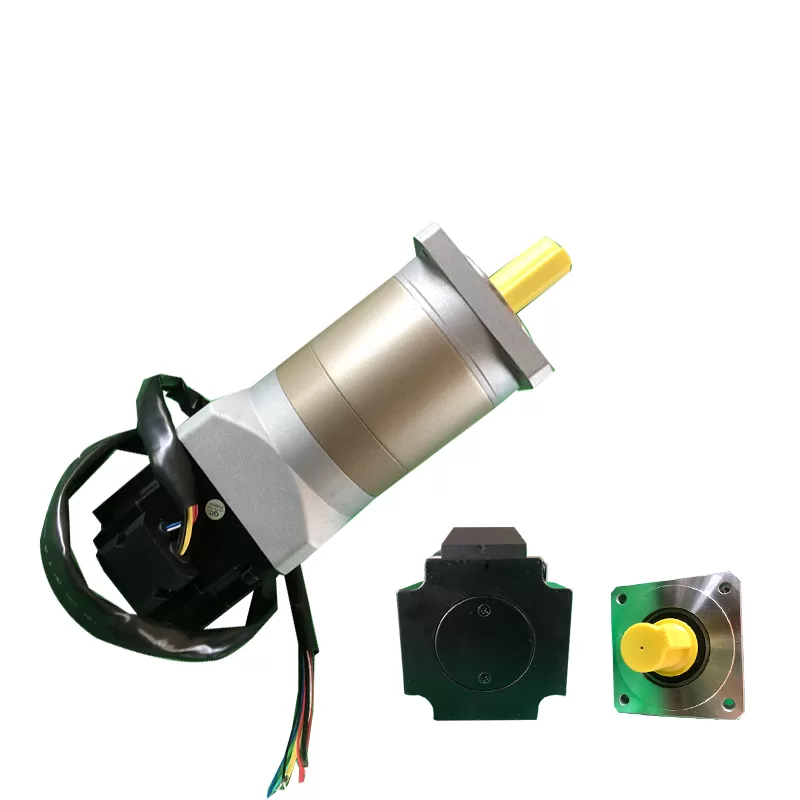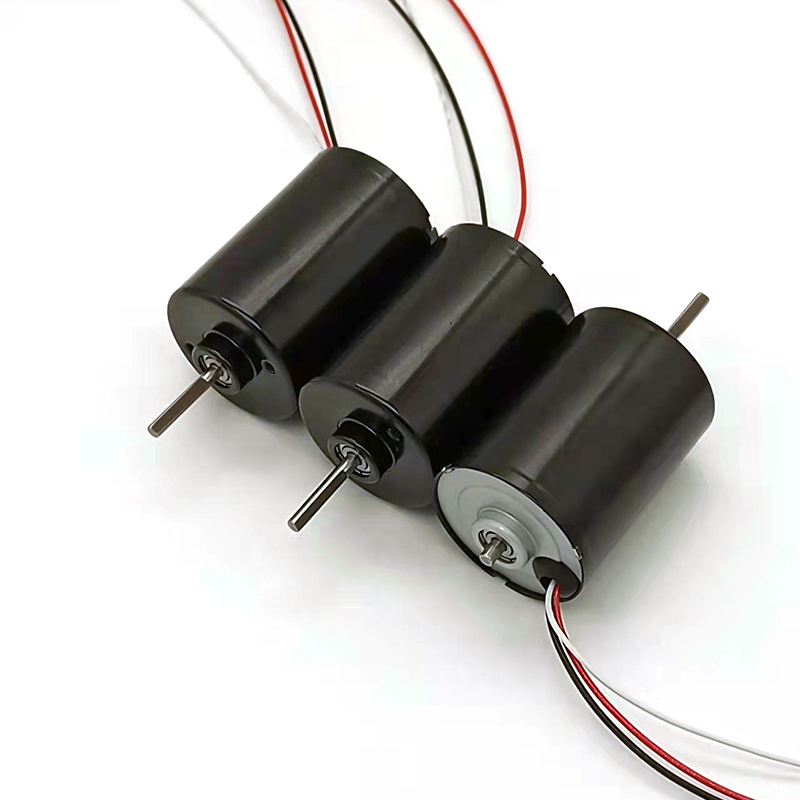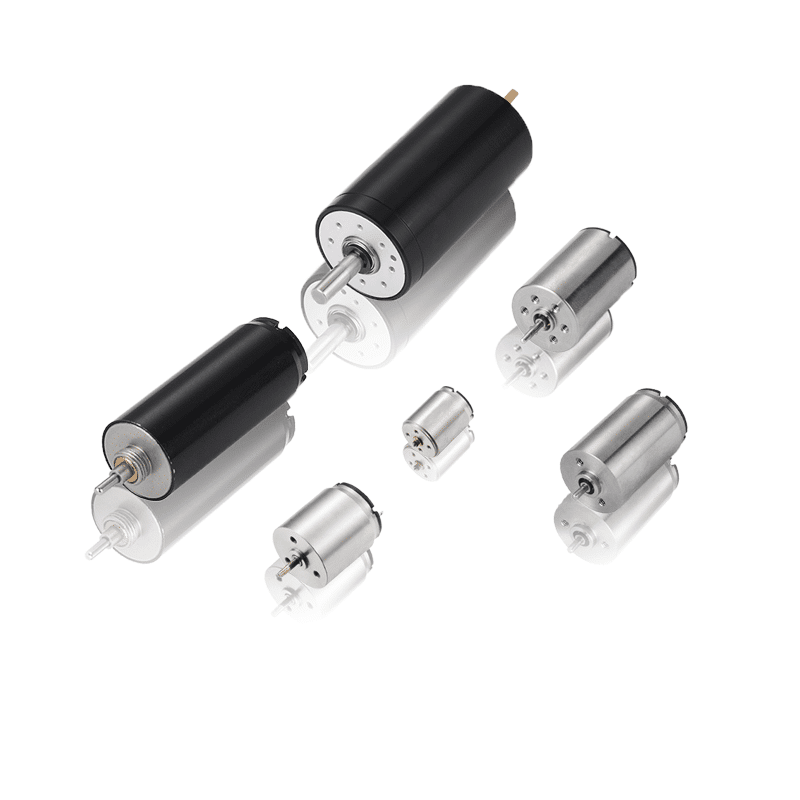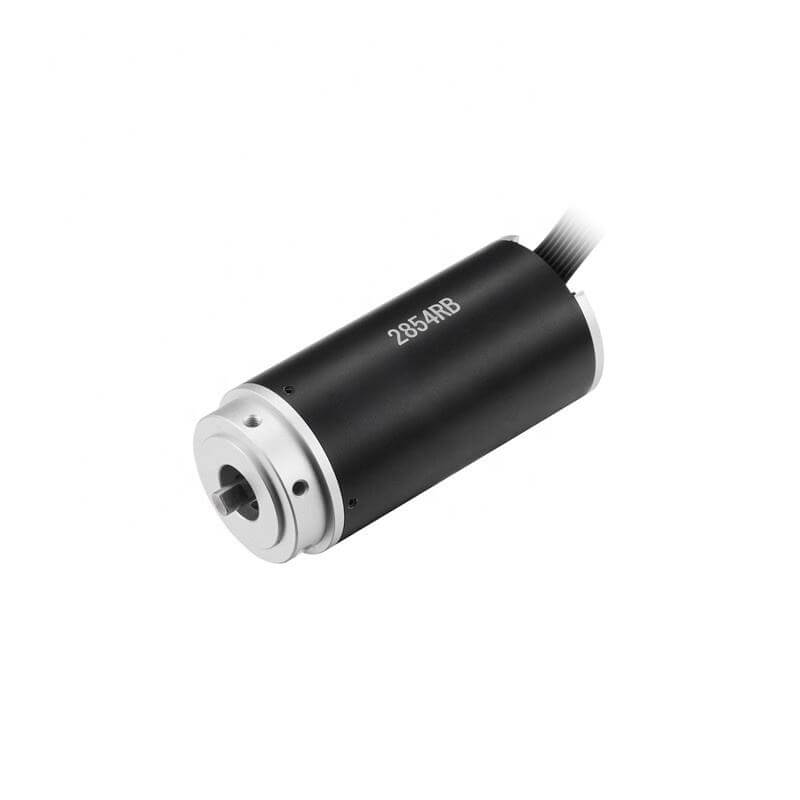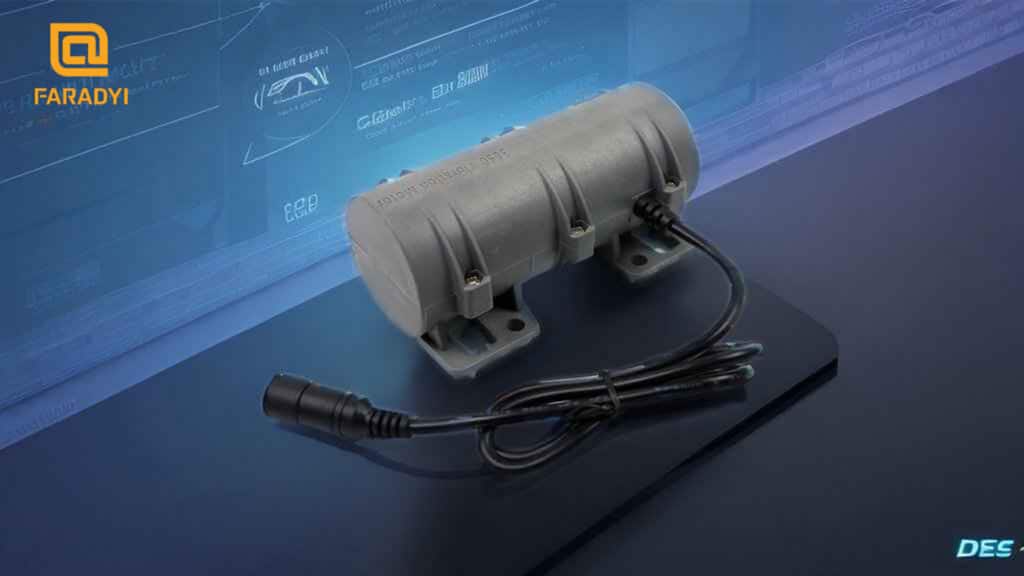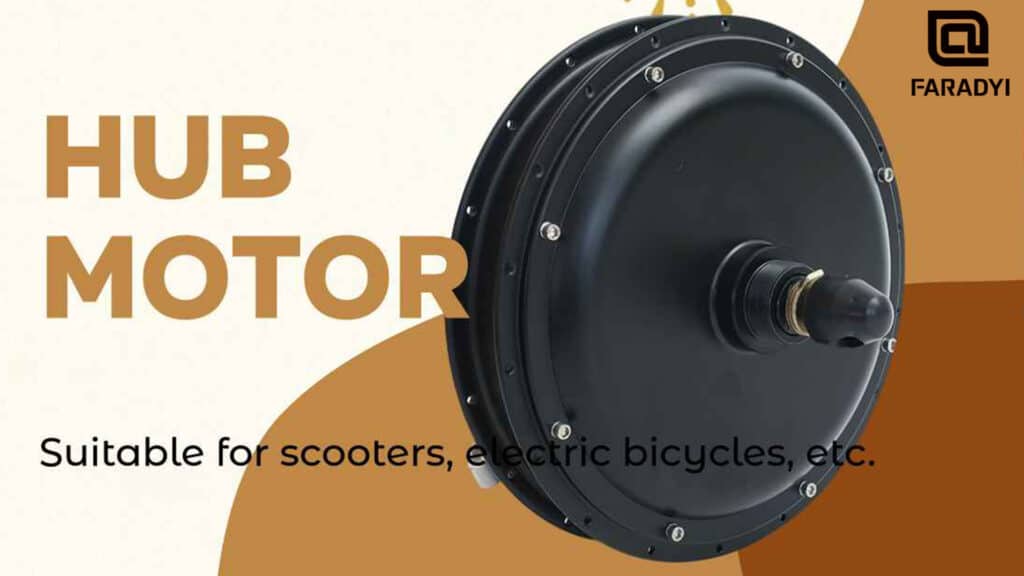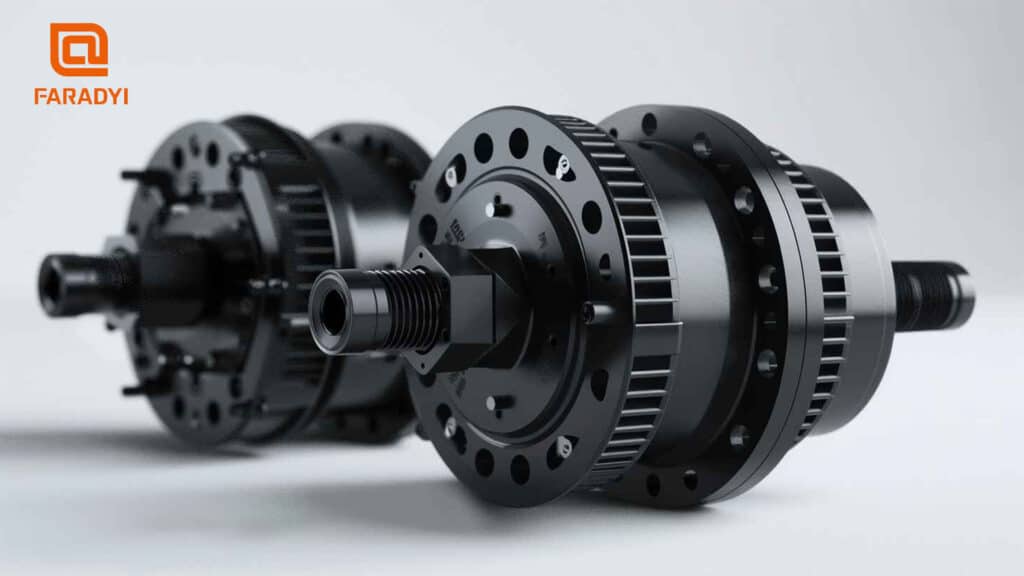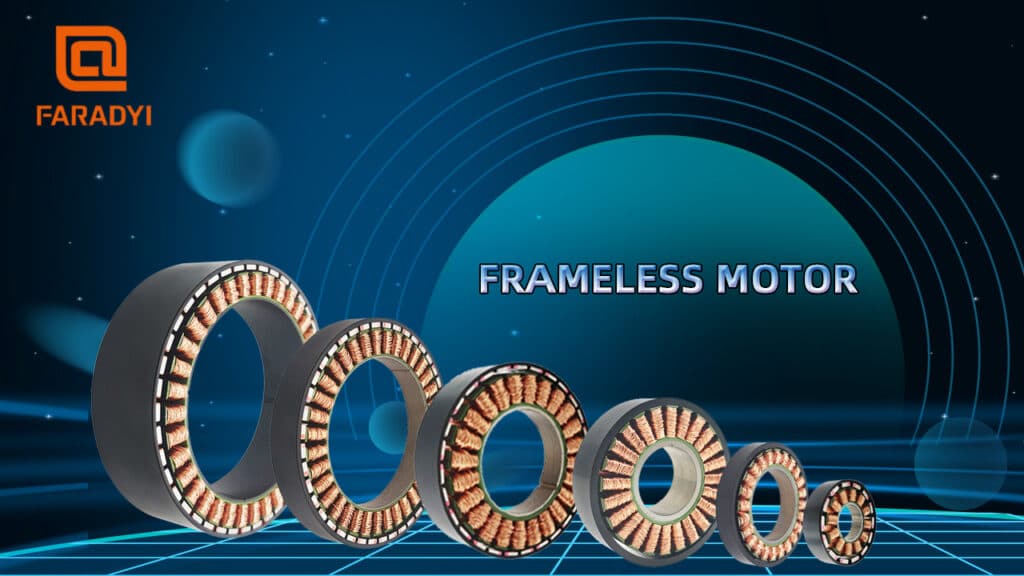Introduction:
DC motors have been dominating industrial applications requiring low to medium horsepower for over 130 years. Their simple and rugged construction makes them a reliable and cost-effective option compared to AC motors in many cases.
Here are 7 major benefits that give DC motors an edge over AC induction motors:
1. Higher Starting Torque The torque of a DC motor is directly proportional to the armature current, allowing much higher starting torque. This makes them well-suited for applications like conveyors, cranes, locomotives, and other heavy machinery that need high torque for starting heavy loads. The different types of DC motors can provide a wide torque range to match specific requirements.
2. Precise Speed Control DC motors allow easy speed control by varying the voltage/current. This gives precise speed regulation above and below the rated speed. AC induction motors cannot provide the same level of speed controllability. The excellent speed control capability enables adjusting production rates flexibly.
3. No Harmonic Effect The changing flux of AC induction motors induces harmonics – voltages at multiples of supply frequency. This leads to issues like torque pulsations, heating, noise, and lower PF. DC motors do not generate any harmonics, hence no such problems exist.
4. Fast Dynamic Response The speed and direction of a DC motor can be quickly and accurately controlled to start, stop, and reverse as needed. This dynamic response makes them ideal for applications requiring high precision speed regulation. AC motors cannot match this fast torque response.
5. Lower Cost DC motors are mechanically simple with fewer components than AC motors. This makes them very cost-effective, especially for fractional horsepower ratings under 1 HP. Their simple construction also makes maintenance easy and inexpensive.
6. Less Supporting Electronics DC motors can be connected directly to DC power supplies. But AC motors require inverters/drives for speed control. This reduces the need for extra power electronics with DC motors.
7. Easy Speed Regulation The speed of a DC shunt motor can be easily varied by adjusting the field/armature voltage using a rheostat or potentiometer. This straightforward speed control method is not possible with AC motors.
Conclusion:
The above advantages make DC motors the preferred choice over AC induction motors for a wide variety of industrial drives, particularly where high starting torque, good speed regulation, low cost, and low maintenance are important. Consult an applications engineer to determine if a DC motor is the right solution for your requirements.
